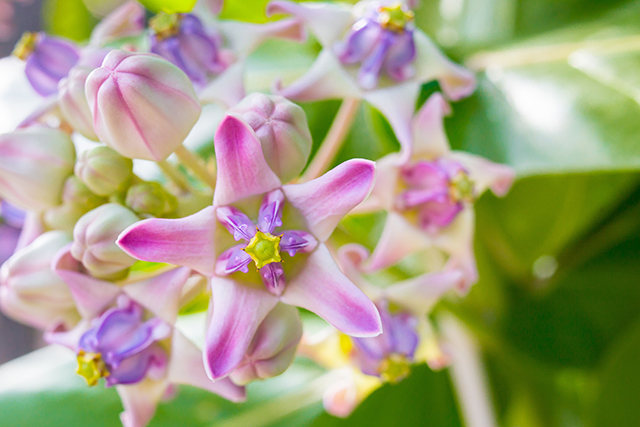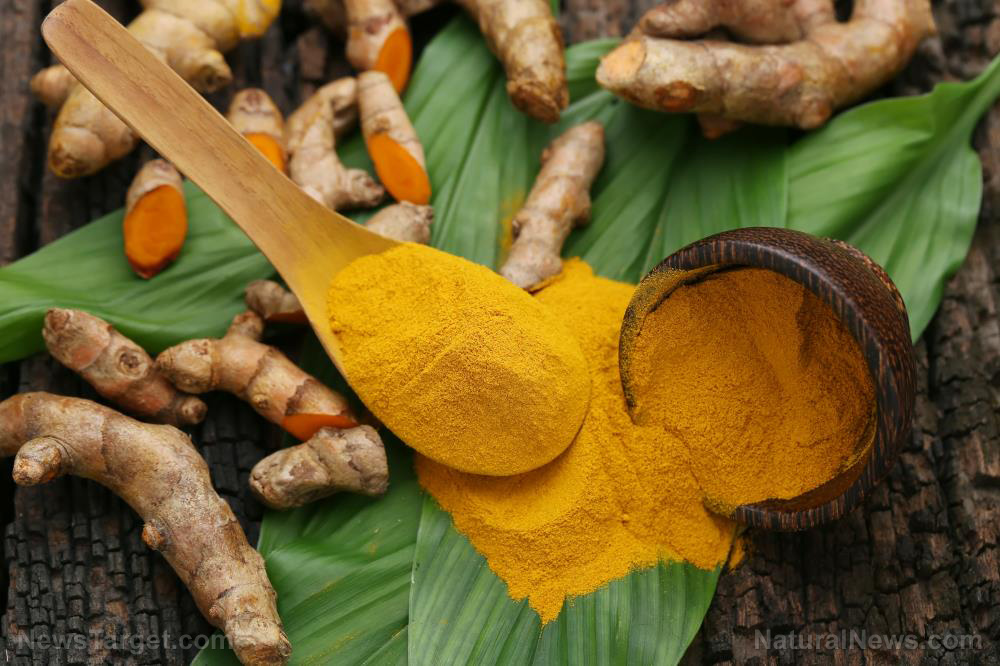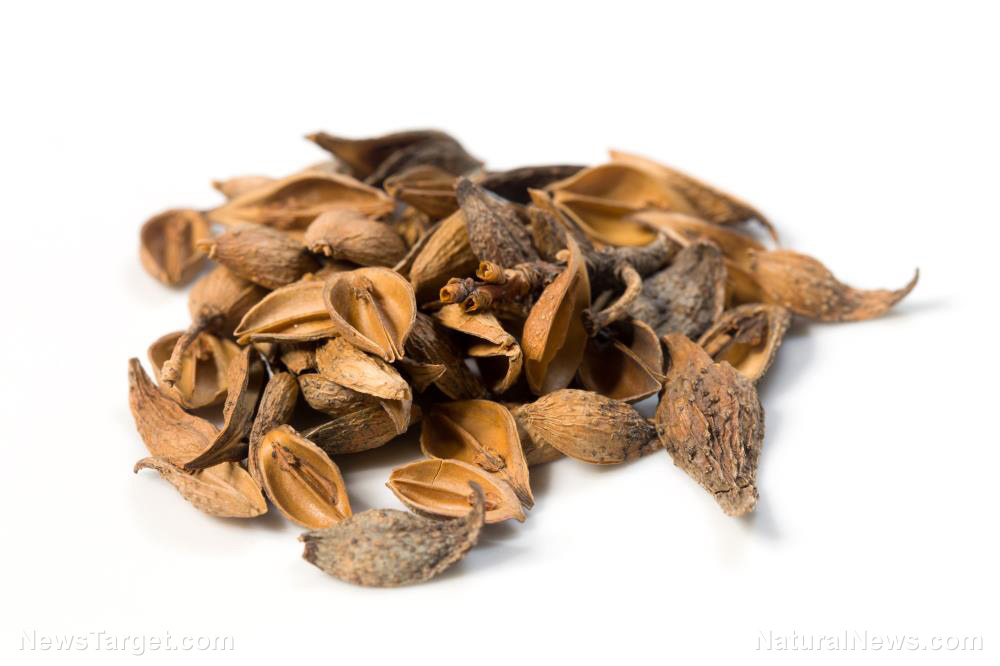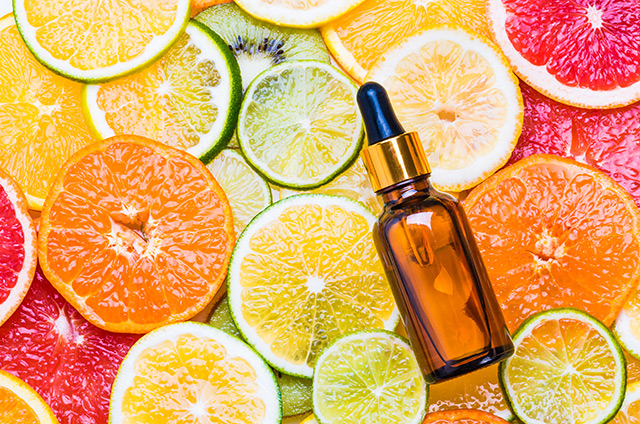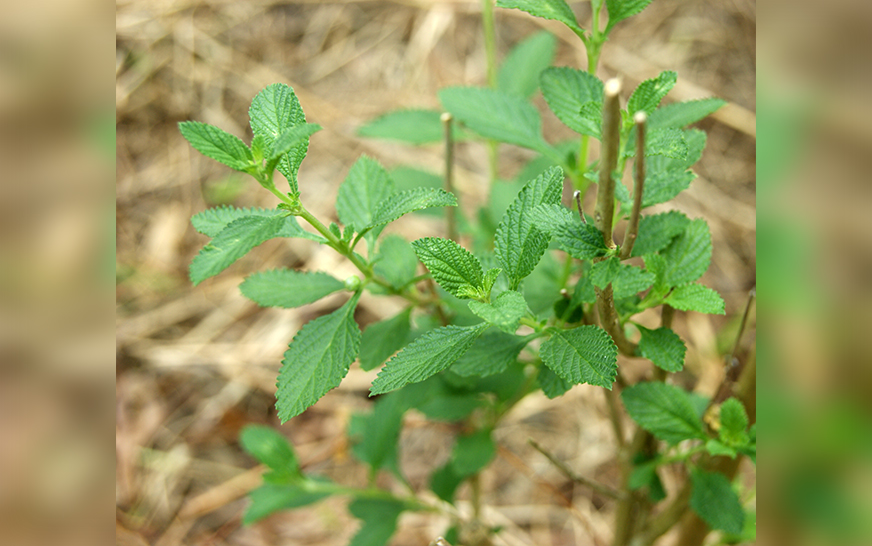The science is in: Acupuncture can help address treatment-resistant depression
03/11/2019 / By Rhonda Johansson

Decades of research, and several dozens of studies later, scientists now agree that acupuncture should be considered as an alternative treatment for drug-resistant depression.
Previous research on the efficacy of the traditional healing art have been inconsistent, with some suggesting a positive effect while others noting no association. The different outcomes could be explained by the variety of acupuncture techniques (e.g. electroacupuncture, ear acupuncture, manual and laser acupuncture) as well as differences in methodologies. That said, emerging studies using up-to-date technologies show that acupuncture, either alone or used in combination with antidepressant therapy, can have significant effects in depressed patients.
Integrating Chinese thought with Western technology
In acupuncture, a practitioner inserts hair-thin needles into different points in the body thought to correspond with specific organs. Ancient Chinese healers believed that by stimulating these points, energy (qi) would flow more naturally. Various diseases are said to be caused by blocked qi.
Western research backs this up. Scans of patients undergoing acupuncture have shown that the healing art triggers the release of various brain chemicals and/or hormones that are known to address the condition being treated for.
In terms of depression, medical science has seen that acupuncture stimulates the release of norepinephrine, serotonin, dopamine, beta-endorphin, enkephalin, and other neurotransmitters. These have been observed to play a role in the development and severity of clinical depression in people. (Related: Acupuncture found to relieve depression symptoms at the molecular and behavioral levels.)
To the point: A review of the research
Dozens of sham-controlled, double-blind studies support the use of acupuncture in treating depression. It was found that depressed patients respond well to the healing art and suffer little to no side effects.
A meta-analysis of 13 studies that compared acupuncture to an antidepressant, and to a combination of both types of therapy, in the treatment of depression found that individuals who went through combination therapy responded better, and more rapidly, than patients treated with an antidepressant alone. Authors of this study noted that acupuncture may be more effective than selective serotonin reuptake inhibitors (SSRIs), the most common antidepressant drug.
Results of a study published in Psychological Science stated that acupuncture was highly effective in treating women diagnosed with major depression. Following treatments specifically designed for depression, a large percentage of the tested women went into full remission after eight weeks. Researchers of this study said that acupuncture may provide significant relief for depression, at rates comparable to those of psychotherapy and pharmacotherapy.
A large six-week study of 241 depressed patients were randomized to receive either electroacupuncture plus placebo or electroacupuncture plus the antidepressant amitriptyline. While both groups experienced statistically improved moods, patients who received only electroacupuncture had significantly more elevated plasma norepinephrine concentrations compared to those who received the combination therapy. This adds evidence to the hypothesis that electroacupuncture may stimulate norepinephrine production in the brain. In addition, it was found that depressed people who underwent electroacupuncture did not experience sexual dysfunction or the loss of libido, two common side effects associated with antidepressants.
Considerations before attempting acupuncture
Acupuncture treatments are individualized. Your acupuncturist will design a plan meant specifically for you. As such, expect a few embarrassing questions, such as about your bowel movements, menstruation for women, and maybe even questions regarding your sex life. This is so that your acupuncturist will know where exactly your qi may be blocked.
Acupuncture is also not a quick fix. You may be asked to attend several sessions to treat a certain condition. Because qi needs to be managed constantly, expect results only after a few weeks, or even months.
Lastly, while most studies talk about using acupuncture as a treatment alternative, you may also use the healing art as a preventive measure. Many naturopaths suggest seeing an acupuncturist even when you are well in order to ensure the proper flow of qi in your body.
Sources include:
Tagged Under: acupuncture, alternative medicine, depression, mental health, mind body science, natural cures, natural healing, Naturopathy, prevention, TCM, traditional Chinese medicine
RECENT NEWS & ARTICLES
COPYRIGHT © 2017 ALTERNATIVE MEDICINE NEWS




